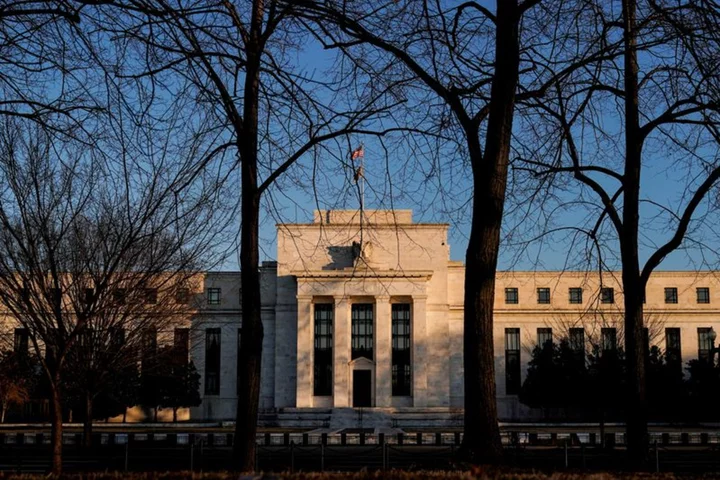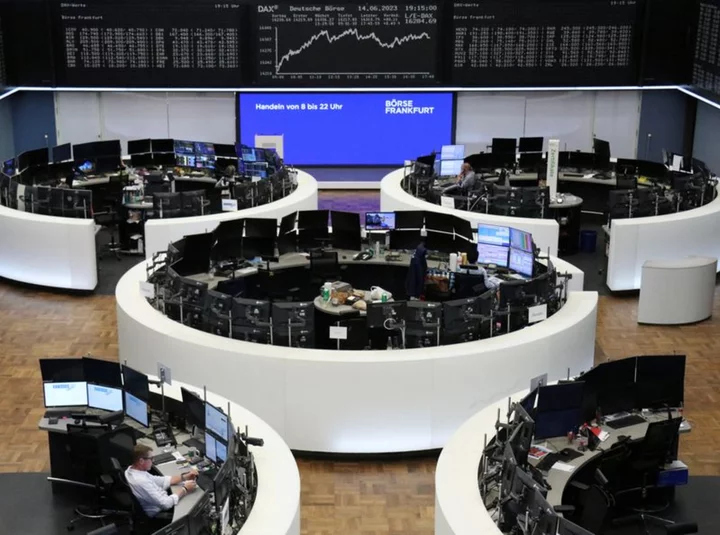By Matt Tracy
Tight credit spreads and strong investor demand for highly-rated bonds has prompted some U.S. companies to refinance debt maturing in the next few years rather than wait for expected U.S. interest rate cuts in 2024 to lower borrowing costs.
November saw a sharp rise in refinancing activity as Treasury yields fell and average spreads on investment-grade debt - the premium charged over Treasuries - touched 111 basis points or the lowest level this year, according to ICE BAML data.
A BMO Capital Markets report noted that 29% of new bonds issued in November listed refinancing as a use of proceeds, which is the highest percentage for any month since December 2022.
Investment-grade issuers have raised more than $100 billion issuing bonds so far in November, topping the century mark for only the sixth time in history and exceeding market estimates, according to Informa Global Markets.
Maureen O'Connor, global head of high-grade debt syndicate at Wells Fargo, noted investment grade spreads are at their tightest levels this year and Treasury yields have moved 80bps off the peaks seen only a month ago.
"In that vein, some borrowers are of the mind to de-risk at least a portion of their 2024 funding needs in this current window," she said.
Doubts that debt issuance conditions will be as strong in 2024 as they are now, with markets still divided on the direction of interest rates and the economy, have also driven the interest in doing deals now.
"The [Federal Reserve] may be done hiking interest rates for this cycle but that does not mean they will cut rates anytime soon," said Edward Marrinan, credit strategist at SMBC Nikko Securities America.
Credit spreads are underpricing recession risk, said Nate Thooft, senior portfolio manager for Manulife Investment Management.
Even if companies waited for rate cuts in 2024, declines in all-in funding costs may not necessarily follow, as credit spreads could then widen, said Amol Dhargalkar, managing partner at Chatham Financial.
Deutsche Bank said it expects a "mild" U.S. recession in the first half of next year, and that the Fed will cut policy rates by 175 basis points. It forecasts the economy to expand by only 0.6% in the coming year.
But Natalie Trevithick, head of investment grade credit strategy at Payden & Rygel, said economic data was too strong for cuts. "We’re still seeing a very healthy employment picture," she said.
Some $770 billion of investment-grade rated bonds mature in 2024 and over $900 billion in both 2025 and 2026, according to data by Morgan Stanley.
"If spreads continue to compress, we will see additional supply entering the market, but we expect much of new supply to be focused on refinancing activity," said Steven Oh, global head of credit and fixed income at asset manager PineBridge Investments.
(Reporting by Matt Tracy; additional reporting by Shankar Ramakrishnan and Davide Barbuscia; editing by Barbara Lewis)









